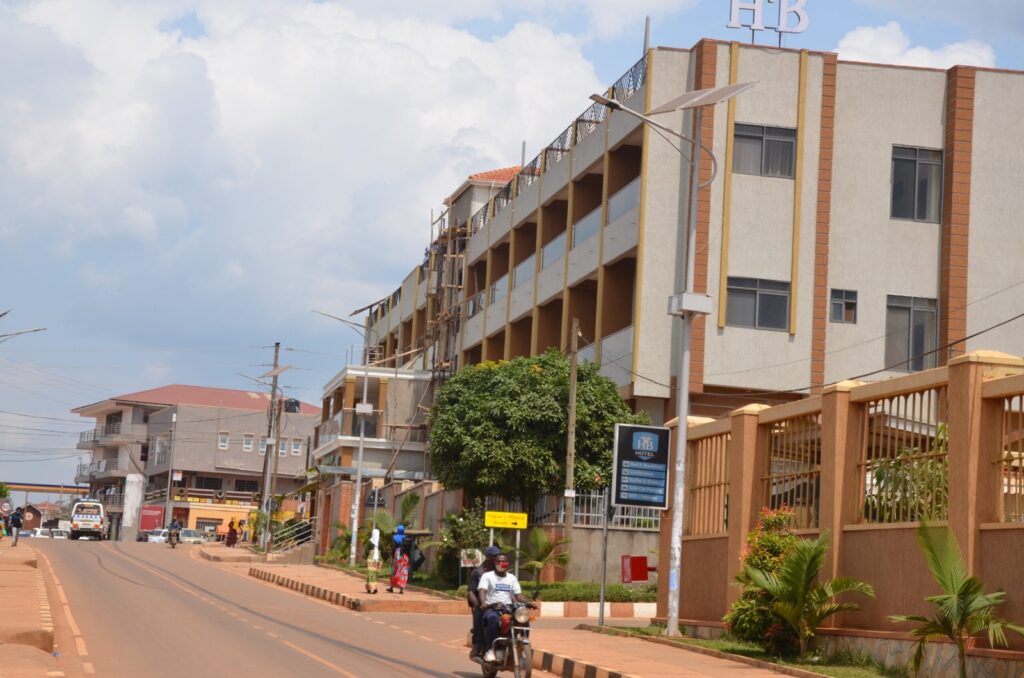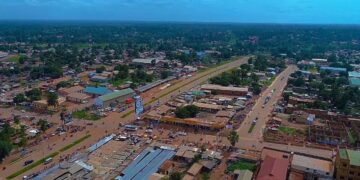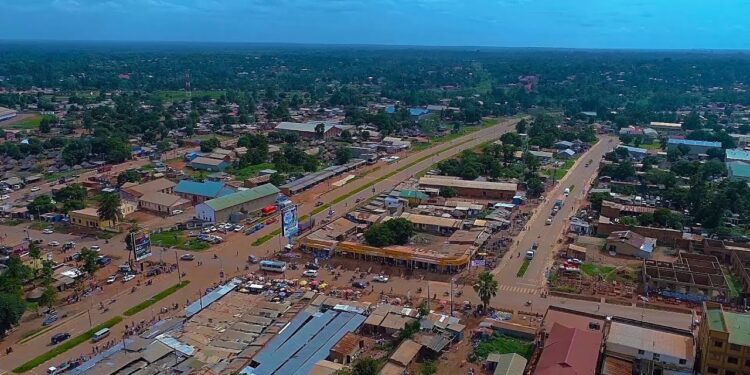In a bid to boost taxpayer compliance with property rates tax, the Hoima City Council has pledged its participation in a public outreach event.
The aim is to clarify misconceptions about property tax, respond to queries, listen to feedback, and address concerns brought forward by property owners and residents in Hoima City.
This engagement headlined ‘Services and Fair Taxes for Property Owners’, is being organised by RippleNami Uganda, with the support of USAID as part of the Domestic Revenue Mobilisation for Development (DRM4D) Activity.
The programme is designed to facilitate dialogue and interaction between city authorities and property owners, intending to foster a more robust social-fiscal compact around service utilisation and to promote transparency and comprehension related to the property valuation and revenue collection processes, as well as how these revenues are used within the community.
RippleNami Uganda’s Director of Client Relations, Hussein Sekinalya, noted, “All property owners and residents have the right to engage and influence service utilisation decisions within their community, and advocate for increased spending, especially in the fields of health, education, and agriculture.”
Currently, RippleNami Uganda is rallying property owners and residents in Hoima City through various outreach activities to gather their views and knowledge about property tax and the quality of local services they receive. These activities encompass local stakeholder consultations in villages, surveys among prominent property owners, and several focus group discussions. City and Division Representatives will also participate in these discussions to shed light on service delivery mechanisms.

These dialogues are precursors to the major public outreach event involving property owners and Hoima City Authorities, scheduled for August.
Last year, RippleNami Uganda organised a similar event in Mbarara City, collecting input from 746 stakeholders from 187 villages and many key property owners. The consultations not only revealed the difficulties residents encounter in accessing and utilising local government services but also identified the issues local leaders face in managing property tax revenues.
From the consultations, a common sentiment among Mbarara residents was that they are dedicated to meeting their property rates obligations but perceive an imbalance in the provision of social services by the local government. This perception is largely due to inadequate information on the expenditure of tax revenues and a general shortfall in civic education.
All the stakeholder feedback that is presently being collated in Hoima will be presented in a detailed report for City Administrators, identifying the challenges with compliance and recommendations to improve social-facial compacts in Hoima City.
The consultative approach aims to strengthen taxpayer compliance and civic participation in municipal budgeting and administration. By improving dialogue, the initiative seeks to build trust between citizens and local government around property tax collection and public spending priorities.









